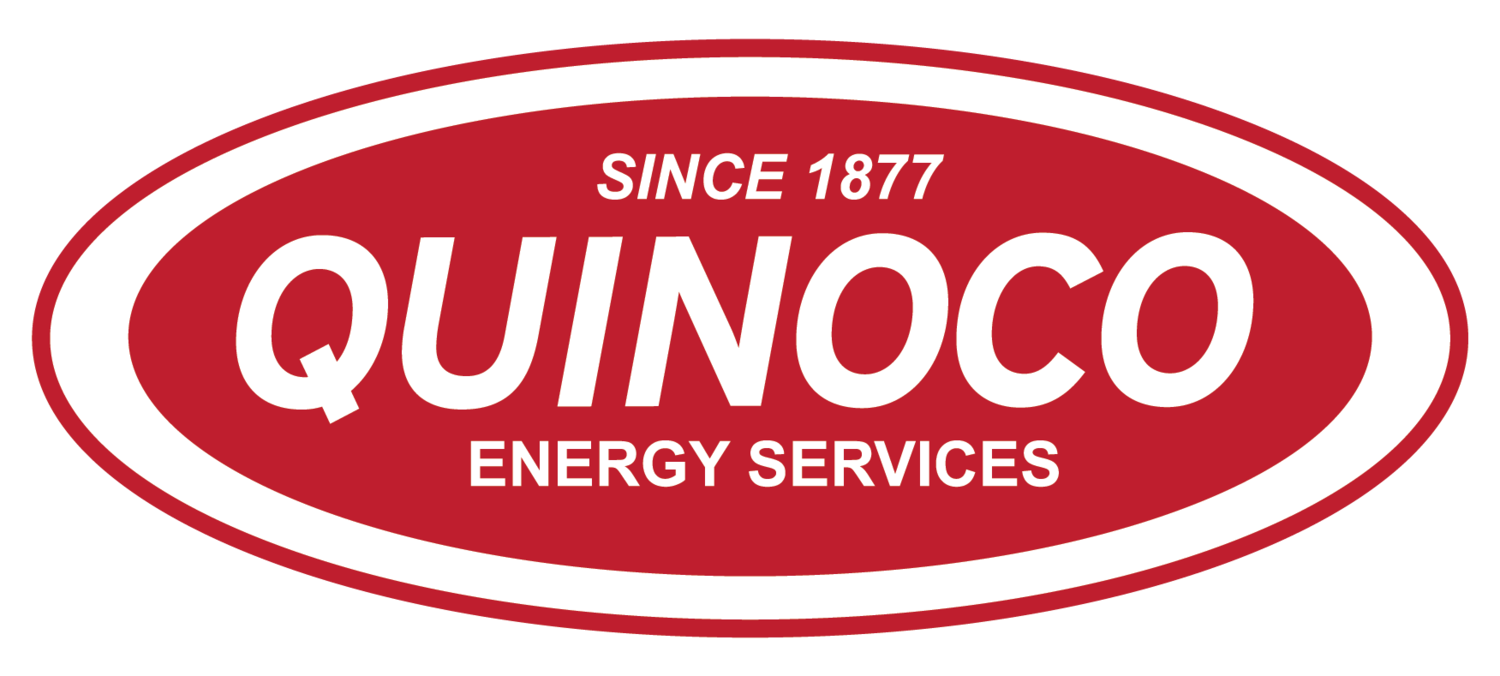Electrification - is it feasible?
Climate policy and reducing carbon emissions continues to be a hot topic amongst policymakers and community leaders. The discussions are good ones but is widespread electrification feasible?
Up for debate is electrification of home heating in New England with the thought that this electricity would be generated from renewable resources in order to achieve net-zero emissions. This plan seems simple and straightforward, but it most definitely makes a lot of inaccurate assumptions.
Currently, renewable fuels generate only 12% of New England’s electricity. [1] During heightened demand periods, this percentage decreases as the grid relies on backup fuel from oil, coal, and liquid natural gas. Coupled with the fragile state of the electric grid and the fact that more than 80% of homes in New England are currently not heated with electricity, an electric only plan is problematic. [2]
Former US Secretary of Energy, Ernest J. Moniz, stated in a 2020 Boston Globe piece, “[New England’s decarbonization] success would come earlier if the oil and gas industry uses its capabilities and workforce to advance net-zero solutions while avoiding stranded workers, stranded communities, and stranded assets.” [3]
And this is exactly what our industry is doing! We have SmartBiofuel which continues to get cleaner every year AND a commitment to reaching a net zero carbon footprint by 2050; a goal that is not attainable for electricity. If you haven’t heard about our industry’s initiative, learn more at quinoco.com/heating-oil.
“Quinoco Energy has been our supplier since we purchased our home in 2013 and I’ve never considered changing. Their products and services are exemplary! Their service supervisor and technicians are not only skilled and knowledgeable but polite and considerate as well. I’ve never considered changing because relationships are built on trust, not cost.”
- Quinoco Customer, Bristol



